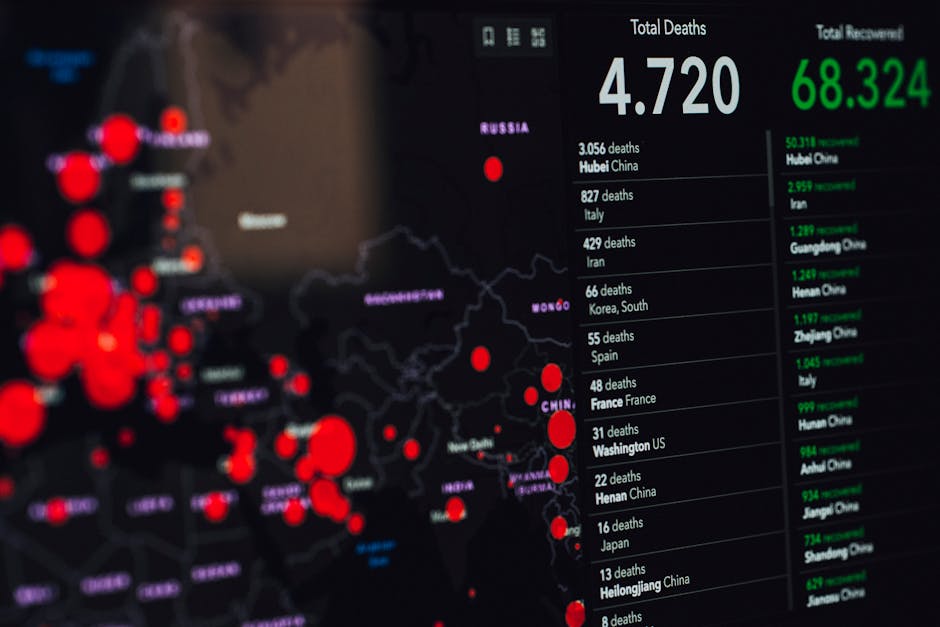Introduction
Deciding to pursue a Master of Business Administration (MBA) is a significant decision, often driven by the potential return on investment (ROI). But where should you obtain this degree to maximize its value? With two leading economies like Japan and the United States offering different educational landscapes, this question becomes particularly intriguing for prospective students.
This blog post aims to unravel whether an MBA is worth more in Japan or the United States, focusing on financial returns, cultural benefits, and individual career aspirations. Let's dive deep into each aspect to help you make an informed decision.
The Financial Perspective
Cost of Education
When considering the cost of an MBA, it's essential to look at tuition fees, living expenses, and other associated costs. In the United States, MBA programs are renowned but often come with a hefty price tag. Tuition fees can range from $50,000 to over $100,000 per year in top schools.
In contrast, Japan offers a more affordable option, with tuition fees ranging from $10,000 to $25,000 per year. However, it's crucial to factor in the cost of living, which can be higher in cities like Tokyo compared to many U.S. cities. Always consider these financial aspects when evaluating your options.

Potential Earnings
One of the main reasons to pursue an MBA is the potential for increased earnings. In the United States, MBA graduates often see a significant salary boost, with averages around $85,000 to $100,000 per year, depending on the industry and location.
In Japan, the salary increment might not be as dramatic. MBA graduates can expect earnings of approximately $60,000 to $80,000 per year. Despite this, the cost-benefit ratio remains favorable due to lower education costs.
Cultural and Educational Benefits
Cultural Immersion
Beyond the financials, an MBA offers cultural and personal growth opportunities. Studying in Japan provides a unique cultural experience, allowing you to immerse yourself in a rich, traditional culture while engaging with cutting-edge technology and innovation.

On the other hand, studying in the United States exposes you to a diverse, multicultural environment that is a hub for global business leaders. This experience can be invaluable in today's interconnected world.
Quality of Education
The quality of education is another critical factor in evaluating ROI. U.S. institutions consistently rank among the top in global MBA program rankings, offering a rigorous curriculum and access to influential networks.
Japanese institutions, while not as globally ranked, are respected for their focus on innovation and technology. Additionally, they provide a unique perspective on business practices in Asia, which is increasingly important in global markets.
Career Opportunities and Networking
Networking Potential
An MBA is as much about networking as it is about academics. In the U.S., MBA programs offer extensive networking events, career services, and alumni connections. These resources can significantly enhance your career trajectory.
Japanese MBA programs often have a strong focus on creating connections within Asia, providing an excellent opportunity for those looking to build a career in this region. However, the network may be more regionally focused compared to the global reach of U.S. programs.
Job Market and Opportunities
The job market for MBA graduates varies significantly between Japan and the U.S. The U.S. market is broad, offering diverse opportunities across industries such as finance, technology, and healthcare.
Japan's job market, while smaller, offers unique opportunities in technology and manufacturing sectors, which are integral to the global economy. Understanding how these sectors align with your career goals is crucial when choosing where to study. For more insights on comparing career paths, check out How to Compare Options When Considering Career Paths.

Tip: Consider attending MBA fairs and information sessions to get a feel for different programs and interact with alumni who can provide firsthand insights into their experiences.
Conclusion
Deciding whether an MBA is worth more in Japan or the United States ultimately depends on your personal and professional goals. If you're looking for a globally recognized degree with extensive networking opportunities, the U.S. might be your best bet. However, if you're interested in a culturally enriching experience with a focus on Asian markets, Japan could offer a unique advantage.
Remember, the return on investment for an MBA isn't just financial. It's about the personal growth, skills, and connections you'll gain along the way. Consider all these factors, and you'll be well on your way to making an informed decision. For additional guidance, explore how other degrees might fit into your career plans, such as The Pros and Cons of Getting an MBA Without a Business Background.



